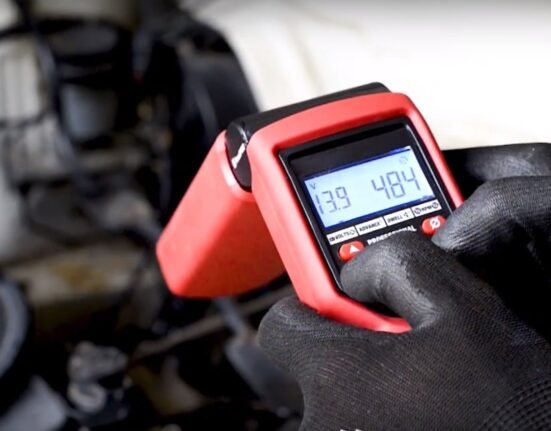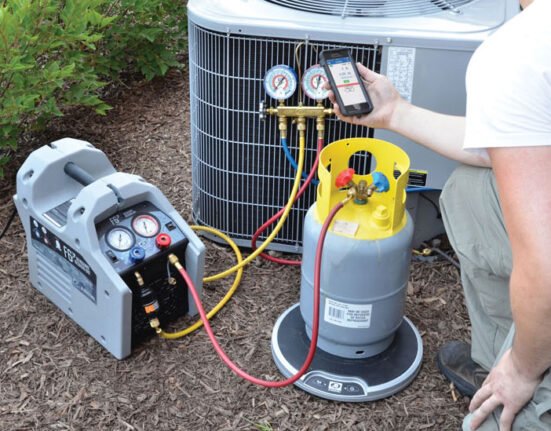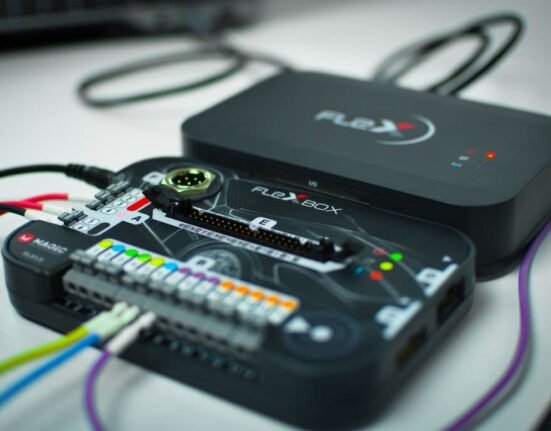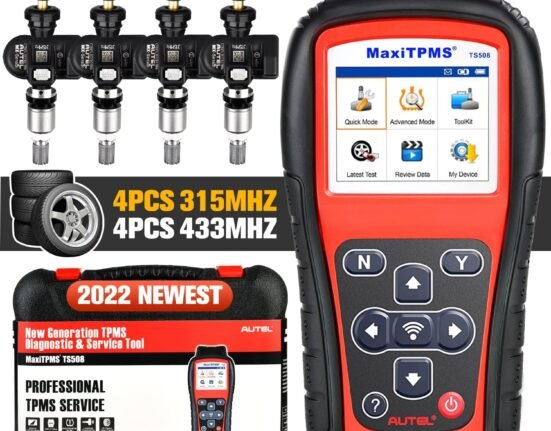Battery testers are essential tools for diagnosing the health and performance of various types of batteries, including those used in vehicles, industrial machinery, and consumer electronics. Choosing the right battery tester can save you time, reduce guesswork, and prevent costly failures. Whether you are a professional mechanic, a technician, or a DIY enthusiast, selecting the best battery tester ensures fast and accurate diagnostics.
A reliable battery tester can measure critical parameters like voltage, current, and internal resistance. It helps you identify issues early, ensuring that batteries operate efficiently and safely.
Types of Battery Testers and Their Applications
Different battery testers serve unique purposes. Understanding their features and applications will help you select the right one for your needs.
- Digital Battery Testers: These testers provide precise digital readings of battery voltage, charge level, and overall health. Ideal for professional use, they offer high accuracy and often include data logging capabilities.
- Analog Battery Testers: Known for their simplicity and durability, analog testers display battery health using a needle gauge. They are suitable for basic diagnostic tasks but may lack the precision of digital models.
- Load Testers: These testers simulate real-world conditions by applying a load to the battery, measuring its capacity to hold a charge. They are commonly used for automotive and deep-cycle batteries.
- Conductance Testers: Using advanced technology, these testers analyze battery health by measuring electrical conductance. They are quick, accurate, and suitable for testing sealed and maintenance-free batteries.
- Multifunction Testers: These versatile devices combine voltage testing, load simulation, and conductance measurement. They are ideal for professionals who require comprehensive battery diagnostics.
Key Factors to Consider When Choosing a Battery Tester
Selecting the best battery tester involves evaluating several crucial factors. Consider the following to make an informed decision:
Accuracy and Precision
Look for a battery tester that delivers accurate readings. Digital models typically offer higher precision compared to analog versions. Accurate diagnostics are vital for identifying weak or failing batteries before they cause larger problems.
Compatibility and Versatility
Ensure the tester is compatible with the battery types you work with. Some testers are designed for automotive lead-acid batteries, while others handle a broader range, including lithium-ion, AGM, and gel batteries.
Ease of Use
User-friendly interfaces and clear displays make battery testers easier to operate. Choose a tester with simple controls and quick calibration for seamless diagnostics.
Speed and Efficiency
Fast testing capabilities allow for quicker diagnostics and improved workflow. Look for testers that deliver immediate results without the need for complex setups.
Durability and Build Quality
A well-built tester can withstand the demands of a busy workshop or field environment. Opt for testers with rugged casings and shock-resistant features for long-term use.
Additional Features
Advanced models may include extra functions such as thermal printing, Bluetooth connectivity, and data storage. These features enhance convenience and allow for detailed record-keeping.
Maintaining Your Battery Tester for Longevity
Proper maintenance ensures consistent performance and extends the life of your battery tester. Follow these best practices:
- Regular Calibration: Calibrate your tester periodically to maintain accuracy. Follow the manufacturer’s guidelines for best results.
- Clean the Probes: Keep the test probes clean and free of corrosion for precise readings.
- Store Safely: Store the tester in a dry, cool place to protect it from moisture and extreme temperatures.
- Inspect for Damage: Regularly check cables and connectors for wear and replace them if necessary.
Top Brands Offering Quality Battery Testers
Investing in a reputable brand guarantees reliability and support. Consider well-known manufacturers like Midtronics, Clore Automotive, Schumacher, and FOXWELL. These brands offer a range of battery testers designed for professional and consumer use.
Final Thoughts
Choosing the best battery tester requires balancing accuracy, compatibility, and ease of use. Whether you need a basic model for occasional checks or an advanced unit for comprehensive diagnostics, investing in the right tester will streamline your work and ensure reliable battery performance.
Stay updated with the latest tools and expert insights from epci.ng to enhance your automotive and electrical diagnostics.







Leave feedback about this